1. M*A*S*H and the Iraq War
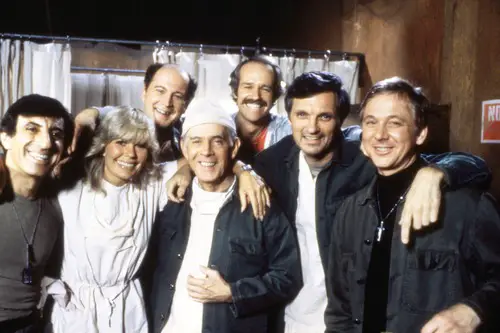
The iconic series M*A*S*H might have been set during the Korean War, but one of its episodes, “The General’s Practitioner,” aired in 1978 and eerily foresaw the United States’ involvement in a conflict far in the future: the Iraq War. In this episode, a general orders unnecessary military action, causing immense damage. Years later, the U.S. would make a similarly controversial decision to invade Iraq in 2003, leading to a prolonged and divisive war. The parallels between the military strategies in the show and the real-world decisions made during the Iraq War are uncanny.
The decision-making process shown in M*A*S*H, where authority figures make hasty and destructive choices, mirrors the criticism faced by leaders during the Iraq conflict. The fallout from both events highlighted the consequences of poor judgment and hasty military decisions, reinforcing the show’s accidental prediction of future real-world disasters.
2. The Twilight Zone and the 1964 Civil Rights Act
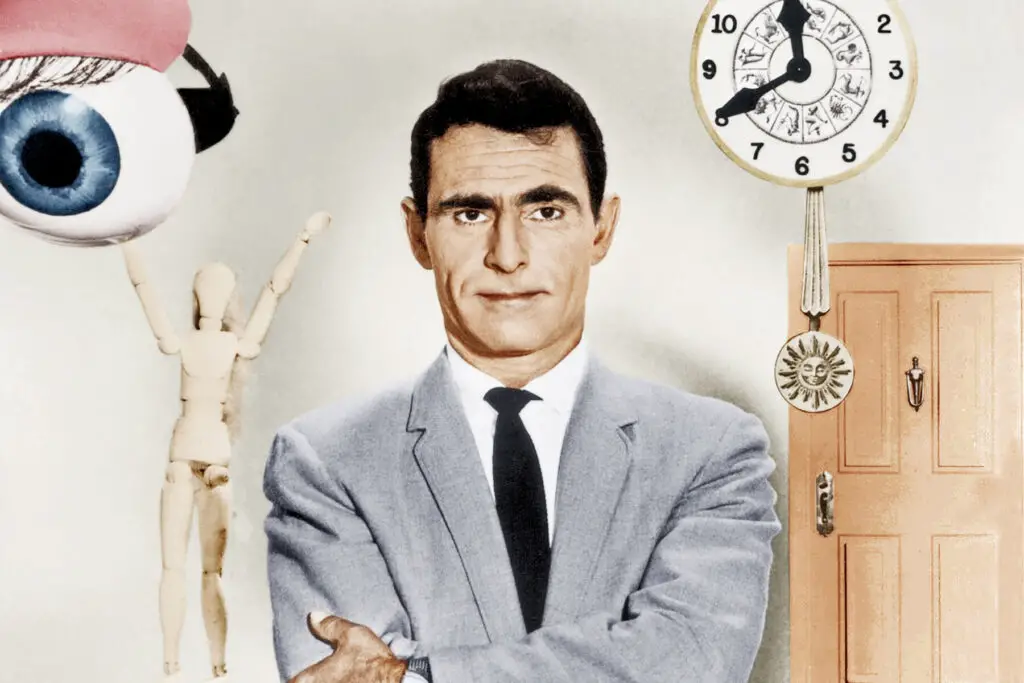
In the 1960s, The Twilight Zone was known for its thought-provoking stories about social justice. One episode, “The Encounter,” aired in 1964, just as the Civil Rights Act was making its way through Congress. The episode revolves around a Japanese-American and a WWII veteran who confront their past prejudices during a tense encounter. It mirrors the racial tensions and struggles for equality that were deeply affecting the United States at the time.
Though The Twilight Zone was a work of speculative fiction, its exploration of race relations in America unintentionally tapped into the national conversation surrounding the Civil Rights Movement. The timing of the episode was no coincidence, as it highlighted issues of race and equality that would culminate in real-life legislative change.
3. Star Trek and the Space Race
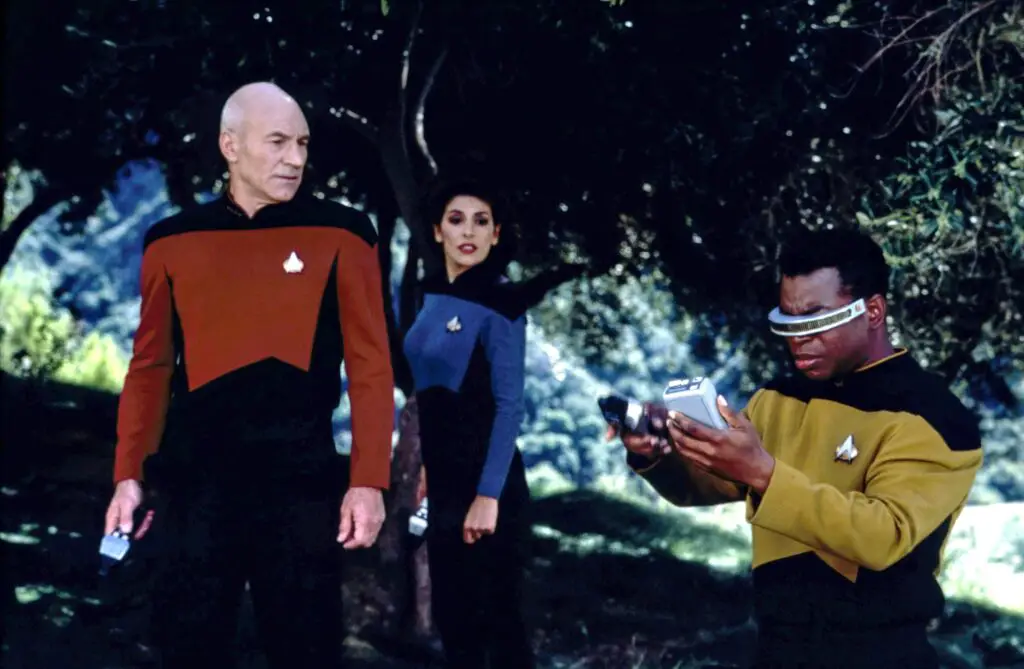
When Star Trek first aired in 1966, the Space Race between the United States and the Soviet Union was at its height. The show’s premise, set in the distant future, depicted humanity exploring outer space, a theme that echoed the ambitions of both nations during the Cold War. But it wasn’t just about futuristic space exploration; Star Trek offered a vision of the future in which technology and diplomacy helped prevent global conflict.
The show’s optimistic portrayal of space exploration mirrored the real-world race to land on the moon, which would culminate in the U.S. landing on July 20, 1969. In many ways, Star Trek inspired the public’s imagination about the potential of space travel, predicting the technological advancements and the excitement that would follow. The show’s influence on the Space Race cannot be overstated.
4. The Simpsons and 9/11
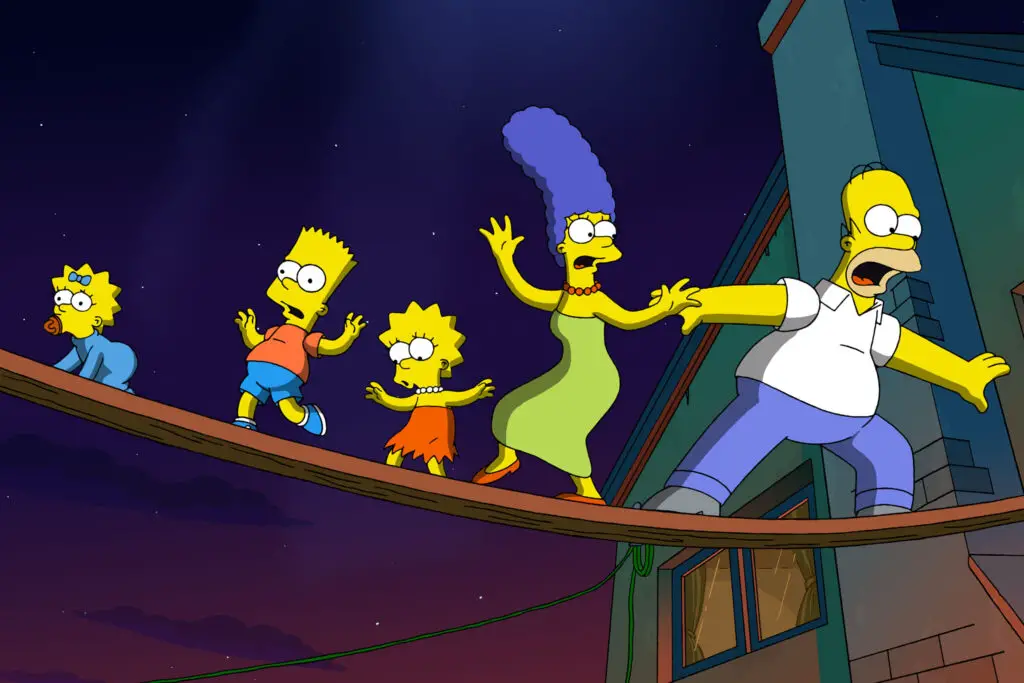
The Simpsons has had a remarkable track record of predicting real-world events, and one of its eeriest moments came in the episode “New York City” from 1997. In this episode, a brief scene features a promotional image of the World Trade Center with a plane flying toward it. While this was just a random gag at the time, many years later, the 9/11 attacks took place, involving planes crashing into the Twin Towers.
Though the show didn’t directly predict the tragedy, the image struck a chilling resemblance to the events that would unfold years later. This is one of many Simpsons moments that has become the subject of speculation and has made fans question the show’s almost supernatural ability to “predict” world events.
5. The X-Files and Bioterrorism
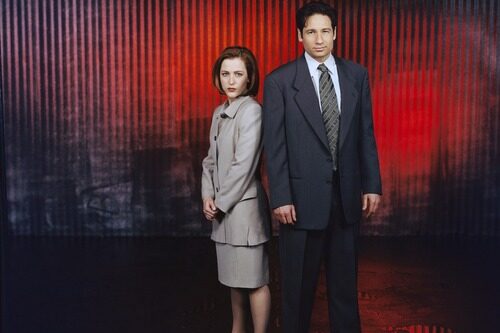
The X-Files is no stranger to tapping into real-world fears, and one of the most unsettling predictions came in the form of a 1993 episode titled “F. Emasculata.” In this episode, a bioterrorist attack spreads a deadly disease, causing widespread panic. The scenario feels eerily prescient when considering the anthrax attacks that occurred in the United States shortly after the episode aired.
While the show focused on government conspiracy theories and extraterrestrial involvement, this particular episode inadvertently predicted the rise of bioterrorism as a real threat. In the years that followed, public health officials and government agencies were forced to confront similar fears of biological warfare, proving just how ahead of its time The X-Files truly was.
6. All in the Family and Domestic Violence Awareness
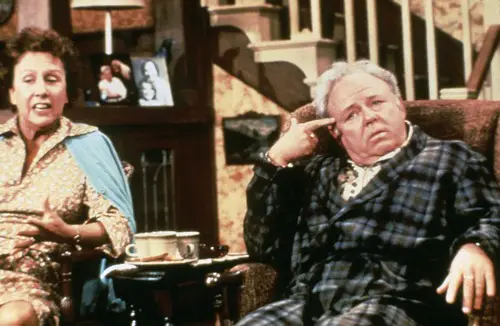
In the early 1970s, All in the Family was known for tackling taboo subjects, and one of the most notable moments came in the episode “The Football Story” (1973). In this episode, Archie Bunker’s son-in-law, Mike, stands up against Archie’s casual treatment of domestic violence in the media. The show was not only pushing boundaries but also inadvertently predicted a broader societal shift in how domestic violence would eventually be viewed in real life.
By opening a dialogue about such a sensitive issue, All in the Family helped lay the groundwork for the rise of domestic violence awareness movements in the years that followed. The episode predicted a time when people would take these issues more seriously and demand changes to protect victims.
7. The Day After and the Cold War
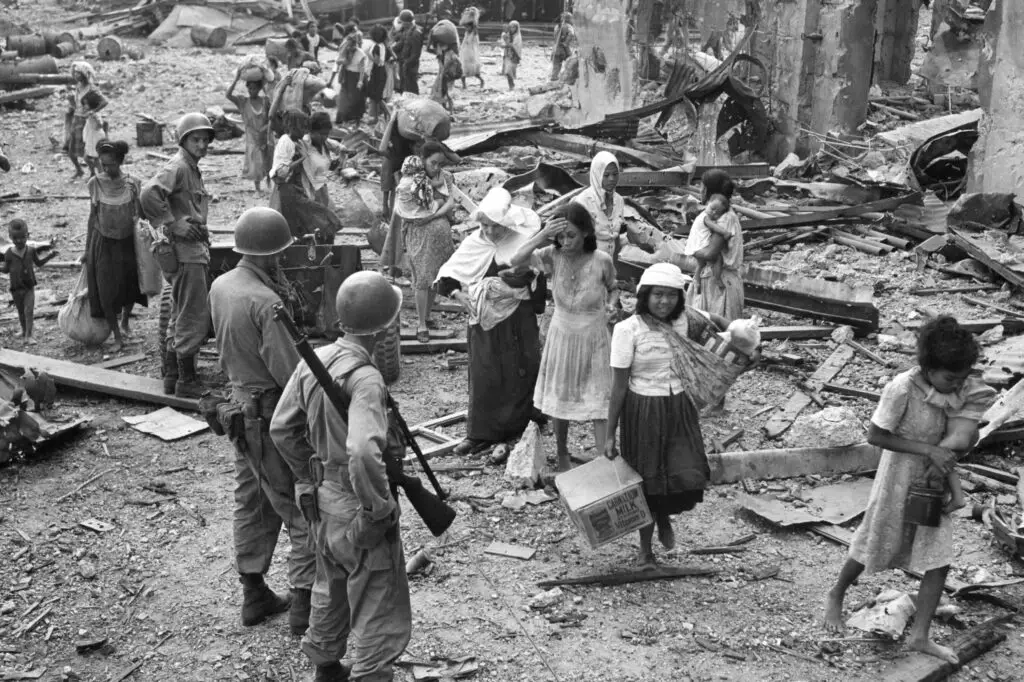
The 1983 TV movie The Day After depicted the aftermath of a nuclear war between the United States and the Soviet Union. While it was a fictional portrayal of a nuclear disaster, the movie captured the fear of nuclear war that was prevalent during the Cold War era. The film struck a nerve with audiences and politicians alike, highlighting the very real threat of nuclear conflict.
Although the Cold War ended in the 1990s, the film served as a chilling reminder of the tension between the superpowers. It not only highlighted the devastation of nuclear war but also predicted the lasting psychological and environmental impacts that such an event could have, long after the immediate fallout.
